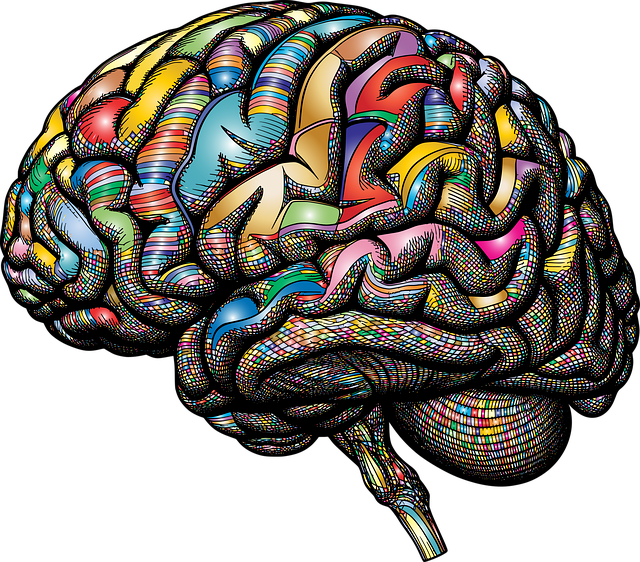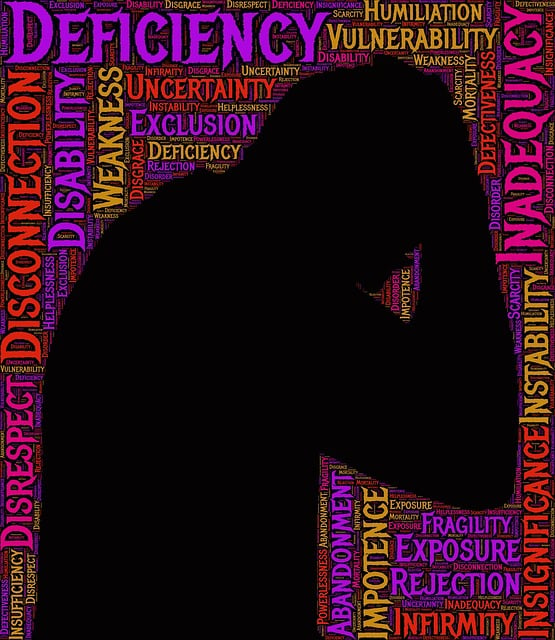Mental illness diagnoses present challenges due to complexity and subjectivity, exacerbated by varied symptoms. To improve accuracy, therapists can employ Golden Play Therapy, a play-based approach that uncovers emotional issues through observation of non-verbal cues. This method reduces stigma, fosters open communication, and enhances understanding for more precise diagnoses and personalized treatment plans. Integrating conflict resolution techniques, training, and community outreach programs further improves diagnosis accuracy. Measuring success with validated tools tracks symptom reduction, treatment adherence, and quality of life improvements. Future efforts should focus on integrating innovative approaches, advancing cultural competency, and continuing stigma reduction initiatives.
Mental illness diagnosis accuracy has long been a subject of debate, with many challenges impacting the process. This article explores efforts to improve diagnostic reliability, focusing on the potential of Golden Play Therapy as a transformative approach. We delve into understanding the complexities, examining its unique benefits, and discussing practical strategies for implementation. Additionally, we outline key performance indicators for success and reflect on future avenues to enhance mental health assessment practices.
- Understanding the Challenges of Mental Illness Diagnosis
- The Role of Golden Play Therapy in Enhancing Accuracy
- Implementation Strategies for Improved Diagnostic Practices
- Measuring Success and Future Directions
Understanding the Challenges of Mental Illness Diagnosis

Mental illness diagnosis presents unique challenges due to its complexity and subjective nature. Many factors contribute to this difficulty, including the vast range of possible symptoms and their interplay. Each individual’s experience is different, making it crucial for therapists to employ adaptive approaches like Golden Play Therapy, which focuses on the child’s natural language of play to uncover underlying emotional issues. This dynamic process aids in understanding the nuances of mental health conditions, ensuring more accurate diagnoses.
Additionally, promoting emotional well-being through various techniques and community outreach programs can significantly impact diagnosis accuracy. By fostering open conversations about mental health, these initiatives raise awareness and encourage individuals to seek help early. Moreover, integrating conflict resolution techniques into therapy sessions can improve communication between clients and therapists, facilitating a more comprehensive assessment process.
The Role of Golden Play Therapy in Enhancing Accuracy

Golden Play Therapy is a unique approach that has gained recognition as an invaluable tool for enhancing the accuracy of mental illness diagnoses. This therapy leverages play and creativity to provide insights into a client’s emotional state, thought patterns, and behaviors, which are often more accessible through play than traditional talk therapy methods. By encouraging self-expression through art, toys, and games, therapists can observe and interpret non-verbal cues, offering a more holistic understanding of the individual’s mental health.
This therapeutic method is particularly beneficial in reducing the stigma associated with mental illness. By presenting a playful environment, clients feel more at ease, fostering open communication. Moreover, Golden Play Therapy promotes emotional intelligence by helping individuals recognize and manage their emotions effectively. It enables them to develop healthier coping strategies and better understand themselves, ultimately contributing to more accurate diagnoses and tailored treatment plans.
Implementation Strategies for Improved Diagnostic Practices

The journey towards enhancing mental illness diagnosis accuracy involves a multi-faceted approach. One powerful strategy is integrating Golden Play Therapy techniques into clinical practices. This innovative therapy, often recognized as a game-changer in child psychology, offers unique insights into a patient’s emotional landscape. By utilizing play as a medium for communication, therapists can facilitate open expression, especially in children and individuals who struggle with verbalization. This method improves diagnostic accuracy by providing non-verbal cues and symbolic representations of underlying issues, which are often subtle and difficult to articulate.
Effective implementation strategies include enhancing clinical training programs to incorporate Golden Play Therapy modules. Educational institutions and professional bodies should collaborate to develop standardized guidelines and resources. Moreover, promoting communication strategies that encourage patient-therapist alliances is vital. Open dialogue and active listening skills can enhance the process of uncovering symptoms and personal narratives, reducing potential misdiagnoses. Additionally, Mental Illness Stigma Reduction Efforts play a significant role in creating an environment where individuals feel comfortable seeking help without fear of judgment, thus promoting timely and accurate diagnoses.
Measuring Success and Future Directions

Measuring Success and gauging progress in mental illness diagnosis is paramount to improving accuracy and accessibility of treatment. Evaluating the impact of interventions, such as Golden Play Therapy, requires a multifaceted approach. This includes utilizing validated assessment tools, collecting patient feedback, and tracking key indicators like symptom reduction, treatment adherence, and improvements in quality of life. By systematically measuring success, researchers and practitioners can identify best practices and tailor interventions to individual needs, ultimately fostering more effective Depression Prevention strategies and enhancing Mental Wellness.
Future directions for Mental Illness diagnosis accuracy efforts should focus on integrating innovative therapeutic approaches, continuing research into cultural competency in mental health care, and addressing the enduring Mental Illness Stigma Reduction Efforts. A holistic approach that combines evidence-based practices with a nuanced understanding of diverse populations will be essential to ensuring equitable access to quality mental health care.
Mental illness diagnosis accuracy has long presented a complex challenge, but with efforts like Golden Play Therapy, significant strides can be made. By understanding the nuances of diagnostic difficulties and implementing practical strategies, we enhance the reliability and effectiveness of mental health assessments. Future research should continue to explore innovative approaches like Golden Play Therapy while refining existing practices to ensure optimal patient outcomes and improved quality of care.














